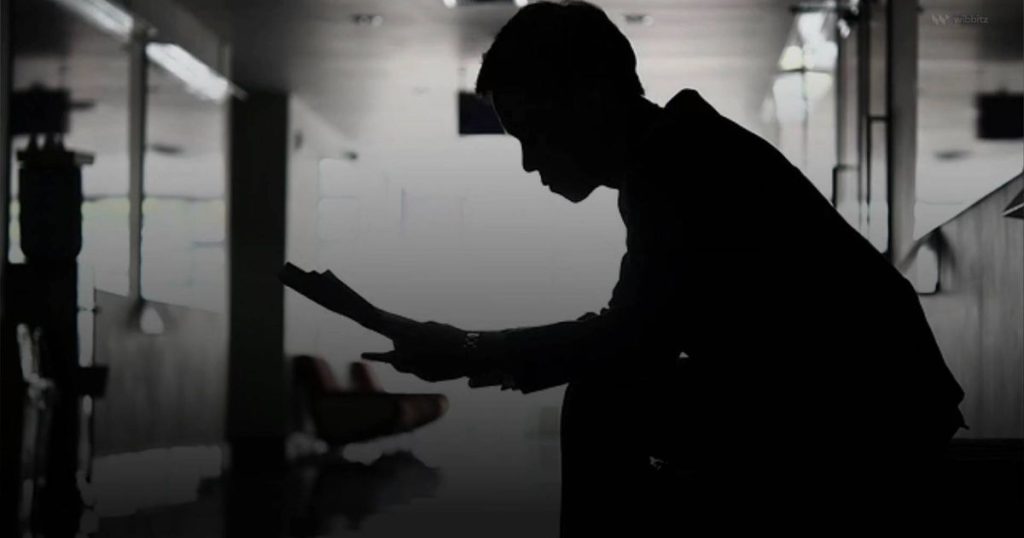
The roles society places on men can inhibit them from seeking help and treating their mental illnesses.
“The big part of (men not seeking help for anxiety) is this social construct of the gender role that we have assigned to when boys and girls are very young: that boys don’t cry, they don’t ask for help, they’re strong, they can withstand anything.” said internist Tooba A. Kazmi, M.D., attending physician and director of pulmonary SDU at Yale New Haven Hospital.
Kazmi said people should not perceive anxiety or any other mental illness as a sign of weakness. To tackle that misconception, realize that you are not alone. One in five American adults has had a mental health issue, which means someone in your family or close circle could have.
Fogleman notes the stereotypes in the media often portray therapists asking patients about their feelings. However, when men aren’t accustomed to talking about how they feel, this stereotype may push them away from seeking help.
“We are trained to meet people where they’re at and to make it individually tailored and suited to that person’s interests. So, it’s important there’s so much openness and flexibility into making therapy fit for that person,” Fogleman said.
How to help men seek care
Broaching the subject to a loved one who may struggle with a mental illness can be difficult. Fogleman recommended you gently point out the changes you notice in their behavior. Avoid labeling them with a mental disorder. Instead, show concern and create a space in which they can feel comfortable to express themselves. Then you can redirect them to seek help.
“There’s a good chance that even if it’s not current, (anxiety) can show up in somebody that we love or know and care about.” Fogleman said. “(Don’t) be afraid of these conversations that so many folks go through and at some point, in your own life, you may go through them yourself. And it will feel really good to open that door and realize that it doesn’t have to stay closed.”
“There are 100 to 200 emotions that we can as human beings experience, but if you ask people, they have two words for emotions, ‘I feel good, and I feel bad,’” Kazmi said. “A part of knowing whether I am anxious — and this is true for men and women — is identifying what really anxiety is. The eye doesn’t see what the mind doesn’t know.”
For more content like this, sign up for the Pulse newsletter here.

